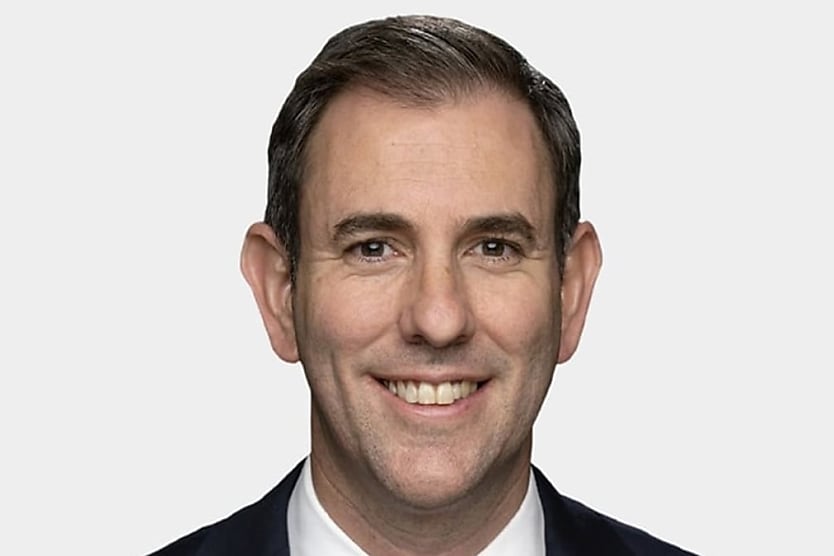Treasurer releases first invitation list for exclusive productivity roundtable
SHARE THIS ARTICLE

The invitation list included industry leaders who said they would advocate for small businesses, tax reform and more streamlined regulation.
In June, the government announced that it would be hosting a roundtable to explore solutions to Australia’s lagging productivity growth, which has been stagnant for the past decade.
Treasurer Jim Chalmers said the roundtable would be an opportunity to discuss strategies to secure Australia’s economic future, including the prospect of substantive tax reform.
“The roundtable is an important opportunity to build consensus for long-term economic reform,” Chalmers said in a statement.
“This initial group includes leading voices from business, unions, the community sector and our key economic institutions.”
The government has flagged that the roundtable would be limited to a small, influential group of approximately 25 industry leaders and experts, including small-business advocates.
Bran Black, chief executive of the Business Council of Australia, said he would use his invitation as an opportunity to make the case for tax reform and less red tape.
“These discussions will assist in identifying policies that can increase investment across the economy through red tape reduction, faster approvals on major projects, future industries’ growth, research and innovation, harnessing AI and tax reform,” he said.
“We’ll continue to be clear regarding policies which are counterproductive, and we’ll be open and constructive on any potential points of disagreement between participants.”
Another invitee – Matthew Addison, chair of the Council of Small Business Organisations Australia (COSBOA) – said he would advocate for the interests of small businesses.
“As the only peak body dedicated exclusively to small business, we take this charter seriously and look forward to contributing at the roundtable,” he said.
“Whilst no one expects the roundtable to be a panacea for all problems, it is a welcome move at a time when sensible action is overdue.”
Innes Willox, chief executive of the Australian Industry Group, said his focus would be on tax reform and Australia’s long-term competitiveness.
“A key question to consider is what will be required to make Australia investable – both domestically and internationally – as the world around us rapidly changes,” Willox said.
“This is why discussions around our tax settings and the need to focus on a serious deregulation agenda while looking ahead at how we adapt to technological change and boost our skills base will be crucial to our long-term success.”
Other invitees included Danielle Wood, chair of the Productivity Commission; Michele O’Neil, president of the Australian Council of Trade Unions; and Andrew McKellar, chief executive of the Australian Chamber of Commerce and Industry.
The shadow treasurer, Ted O’Brien, also accepted an invitation from Chalmers to attend the roundtable.
On Monday, Chalmers announced that the government had opened public consultation ahead of the roundtable, which would welcome proposals to improve productivity, build economic resilience and strengthen budget sustainability.
The Treasurer noted that proposals would have to meet three preconditions – being in the national interest, being budget neutral at a minimum but preferably budget positive, and that ideas should be specific and practical.
The second caveat – budget positive reforms – indicates that higher taxes could be on the table as fiscal pressures, including defence and the NDIS, loom large.
Submissions for the public consultation will close on 25 July 2025.
